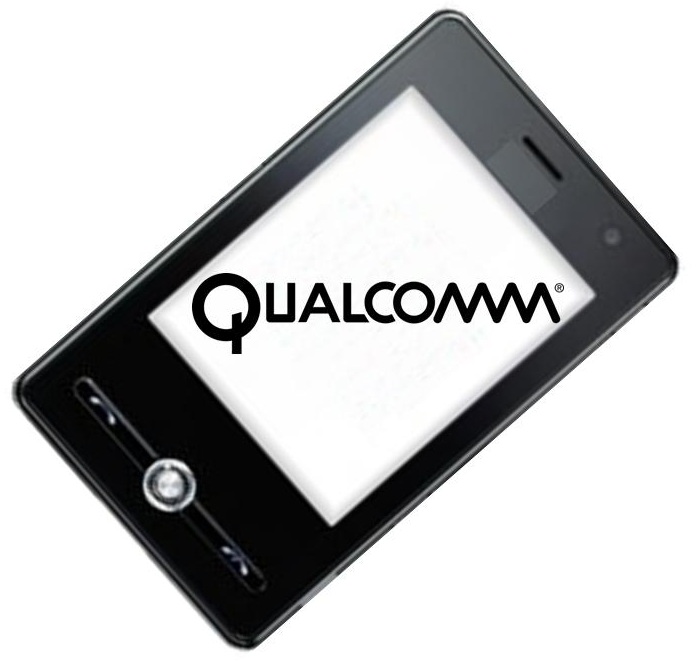 Qualcomm sets sights on next generation mobile games with new chipset
Qualcomm sets sights on next generation mobile games with new chipset
Mobile games are becoming a very competitive field, but this competition is not exclusive to developers. Chip makers have begun battling each other to establish dominance in the mobile space, offering high-tech chipsets that are capable of supporting more powerful mobile games to mobile device developers. Qualcomm is one such company and has been bolstering its development team in order to test new processing chips that are designed to provide developers of mobile games more options than ever before.
Mobile games have establish a powerful presence in the game industry
Qualcomm has taken a strong interest in mobile games, largely due to the success that these games have seen through the advent on smartphones and tablets. Mobile games are more than entertainment applications for the masses, they represent a very lucrative market that has proven to be very profitable for companies like Apple and Google, as well as the developers of these games. The game industry is beginning to take advantage of advances in technology to produce titles that boast of high resolution, high complexity graphics and Qualcomm is positioning itself to become the chipmaker of choice when it comes to mobile games.
New chipset will open up new opportunities for developers
According to Qualcomm, its new chipset will open up a new world of opportunities for the developers of mobile games. The chipset will allow these games to break the traditional boundaries that have kept mobile gaming in the realm of gimmickry for years. Better quality graphics, more complex game design, and better performance will be available through the chipset, allowing gamers to experience titles that could be comparable to those seen on traditional console systems.
Qualcomm aims to address concerns of cost
Making a high performance chipset that is capable of accomplishing Qualcomm’s goal of becoming a dominating force in the mobile market has many implications, the most significant of which is cost. Developing such a chipset is not an inexpensive endeavor, and the costs associated with development tend to trickle down to consumers as mobile devices are priced to ensure device makers are able to generate a profit. Qualcomm is well aware of this potential problem and is also developing several low-cost chipsets that offer some of the processing power of their latest model in the hopes of ensuring that mobile devices do not become too expensive for consumers to purchase.

 A new report from Foresee has shown that survey participants are almost equally satisfied with the channels.
A new report from Foresee has shown that survey participants are almost equally satisfied with the channels.